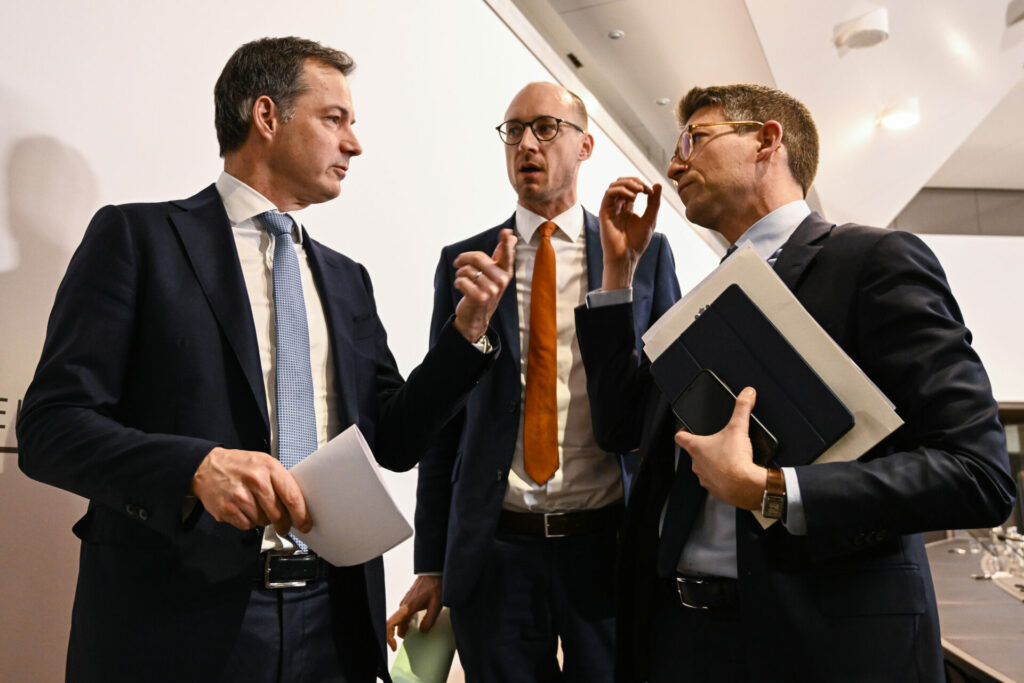Belgium's Consultative Committee will meet on Wednesday from 15:00 to discuss the energy crisis, confirmed Prime Minister Alexander De Croo on Sunday. But what can the authorities do about the exploding prices?
Following a call by the president of the Flemish socialist Vooruit party Conner Rousseau, De Croo immediately said he would convene the Consultative Committee soon, "if only to see what the different initiatives of the governments are and how we can together do the maximum to protect people as best as possible."
As De Croo said that the population knows the country is heading for a crisis that could last a long time, "we have to look at what measures we can take to make sure that people use as little energy as possible. That remains the cheapest thing."
While De Croo and Federal Energy Minister Tinne Van der Straeten have been looking to the European Union to put a cap on energy prices for a long time, it has been suggested that Belgium could move on its own.
'Things are moving'
In March, all European heads of state and government had an agreement to investigate a price cap, but it did not get much further. Still, "things are moving at the moment," Van der Straeten said, but added that there is no guarantee that things will work out this time.
De Croo, too, is leaving the door open for a freeze on energy prices at the Belgian level, but only if it really cannot be achieved at the European level – which is still the prefered course of action, as a Belgian regulation would have less effect.
However, all parties also emphasised that measures, such as the VAT reduction for gas and electricity to 6%, and the extension of the social rate, have already been taken. And those measures should stay in place, said ecologists Groen, socialists Vooruit and Christian-democrats CD&V.
"In any case, we have already agreed that the VAT rate will remain at 6% until the end of the year. The social rate will also be extended," Federal Finance Minister Vincent Van Peteghem told VRT. "But what in my view is a structural solution – one that can both strengthen people's purchasing power and address the competitiveness of our companies – is a tax reform so that people have more net left at the end of the month."
Related News
- Long-term solution needed: Belgian government to convene in light of rising energy prices
- Belgium should act alone if EU doesn't agree to cap energy prices, Greens argue
The Flemish liberal Open VLD party proposed to apply the federal support measures in a more targeted way, for families and SMEs that are struggling. "There is a problem with people who do not have a high salary and fall outside the system of social rates. Reforming that system is an option, you can also work something out in taxes."
Additionally, the Doel 3 and Tihange 2 nuclear reactors – which both have some cracks – will be closed within a month and in February next year, respectively. The staff of the Doel plant already asked to keep the reactors open longer.
For Engie, which operates the plants, however, this is impossible.
Rousseau said that his party wants to keep all options open, including the extension of nuclear reactors Doel 3 and Tihange 2. "We must explore all options to ensure that the light stays on. Not doing so would be completely irresponsible in these times."

